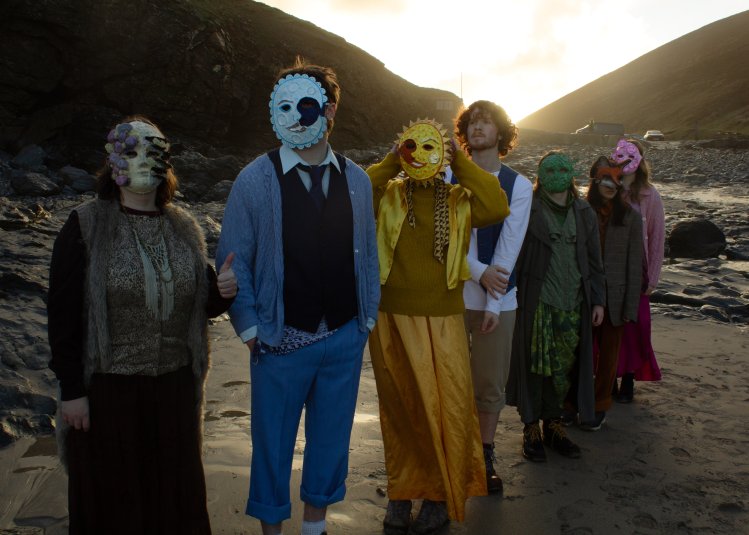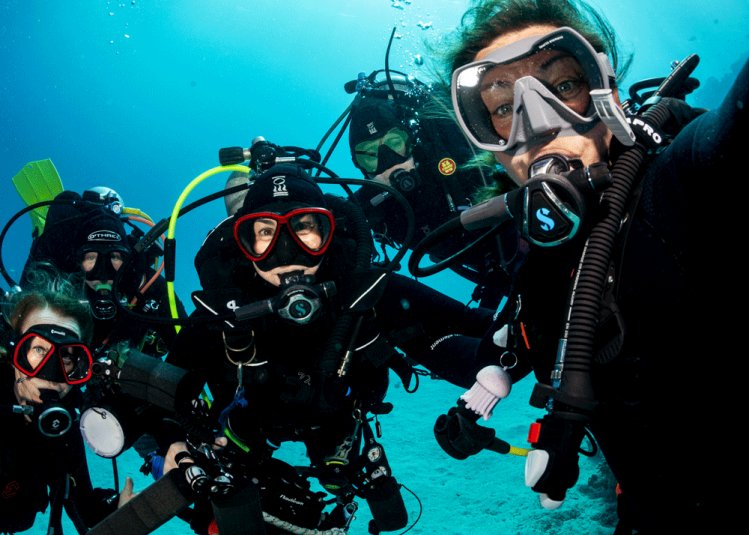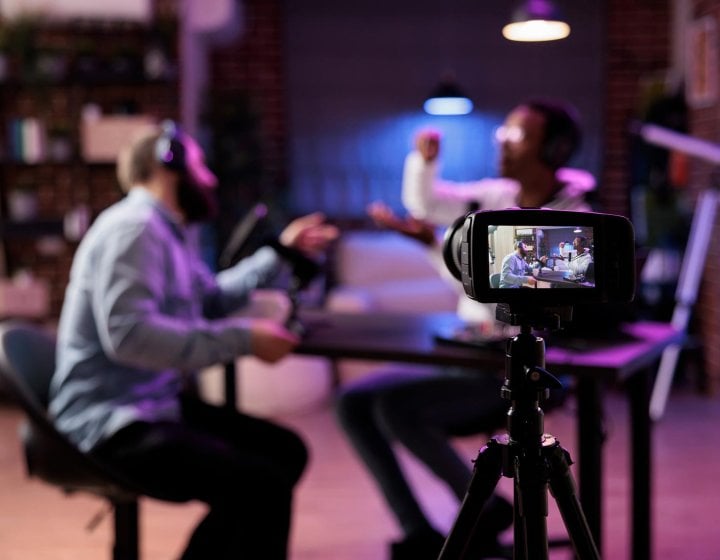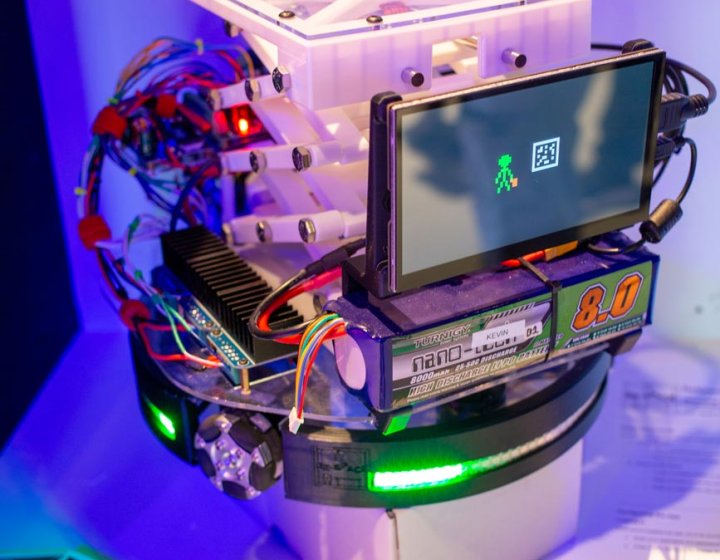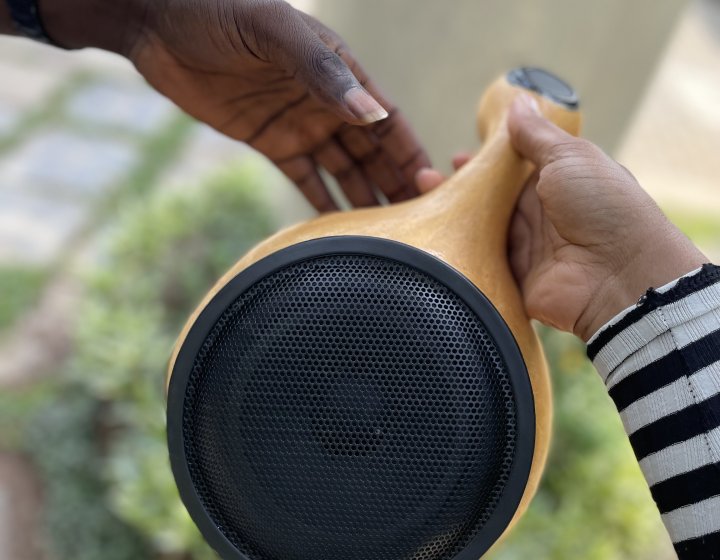From script to screen: How to develop your film idea
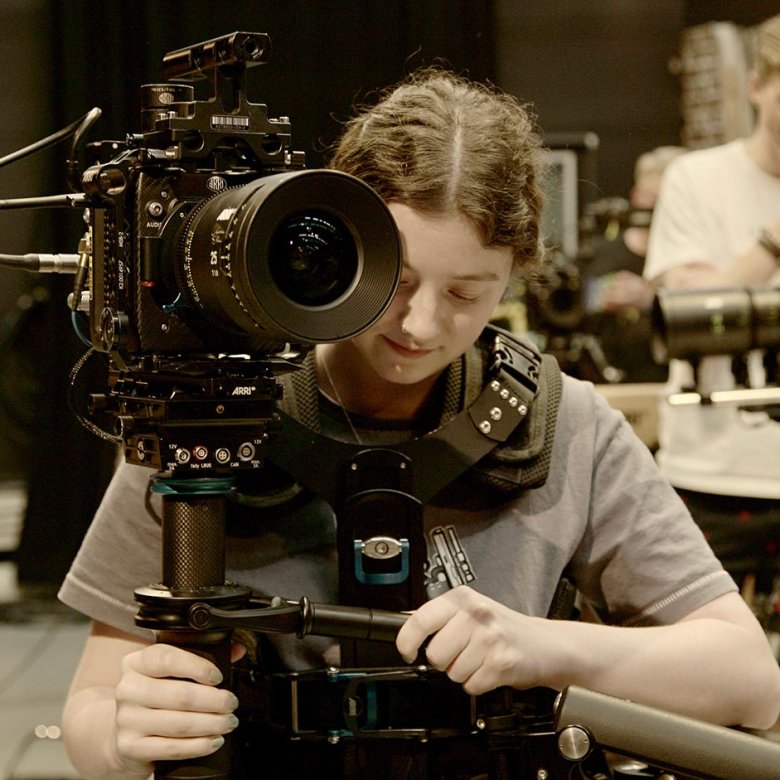
This article is written by Film BA(Hons) Course Leader, Dr Laura Canning
The prospect of making your own film may seem daunting, especially if you’re approaching it for the first time. However, you can start exploring the filmmaking process even before beginning university. If you’ve ever wanted to know how to make a film, this article gives you an insight into how the film production process works - from developing your initial idea to crafting a finished film.
Developing your film idea and writing the script
Everything starts with an idea. It could come from an event or problem in your own life, an experience you’ve had, a news item, an image you’ve seen, or a picture you just can’t get out of your head. If it’s fiction you’re interested in – and remember filmmaking also encompasses documentary and experimental film – once you’ve got that idea, a pen and paper are your best friends. Scribble out fragments of dialogue, events, scenes that seem like they might fit together – don’t judge your own work too harshly at this point. It helps to imagine your film idea as a jigsaw puzzle where you’re gradually making the individual pieces and then fitting them together, rather than a straight A-B trajectory.
When your story is ready and you’re thinking about how to write a film script, it really helps to see examples of other people’s work. For example, the BBC Writers Room is a treasure trove of script samples.
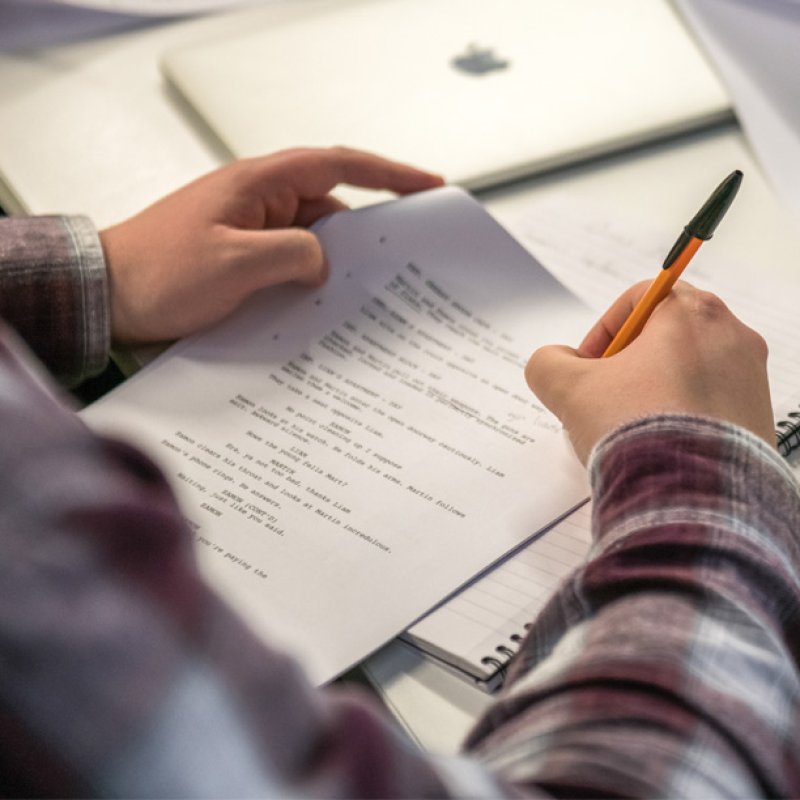
Pre-Production – planning your film
When we talk about pre-production steps in filmmaking, what we really mean is bringing together the people, places and things that you’ll need to make your film a reality. Planning is everything, and a lot of the planning is the responsibility of the Producer – effectively the film’s leader and manager.
Think about who’s going to shoot your film, and on what sort of technology. These days, a Director of Photography (DoP) can use anything from a phone (see the internationally acclaimed iPhone 10 work of Associate Lecturer Scott Barley) to a high-end ARRI camera, like the ones we have in the School of Film & Television – perfect for your next steps into industry. Regardless of equipment, it’s important to remember that the eye of the Camera Operator is always more important than the technology they use!
You should ask yourself: do I need a Production Designer? That’s someone who is responsible for the look of the film, from building props and dressing locations to costume. How about a Location Sound Recordist, a Composer, or an Editor? And if you’re making a fiction film, who will appear on screen? Can you cast friends and family? Where will you shoot the film, and whose permission will you need to use the location? A happy, well cared for crew is essential for a smooth production. Remember, the most critical steps in filmmaking happen long before the cameras start rolling.
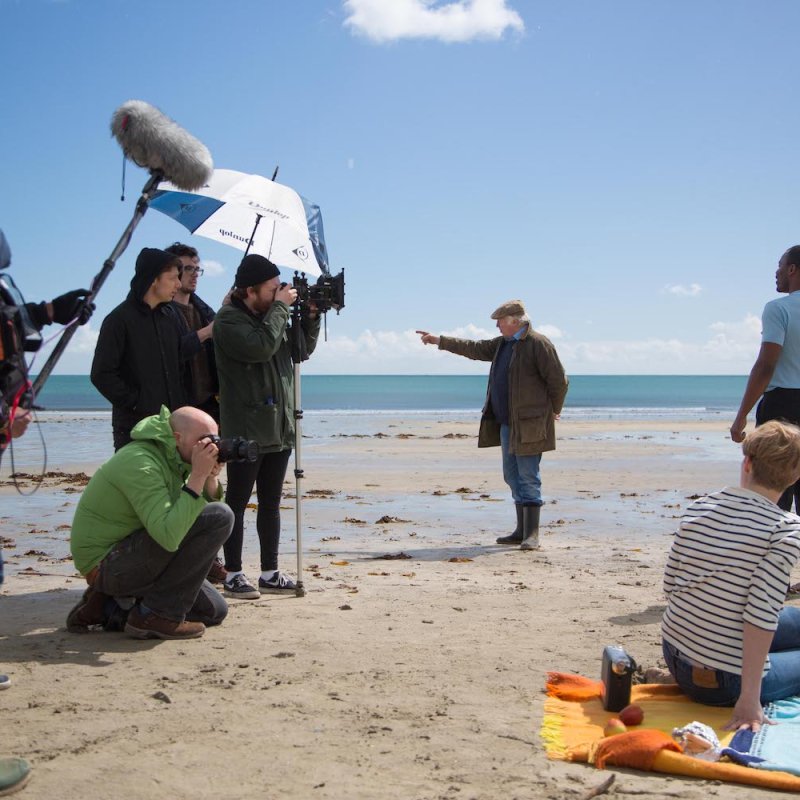
Production – bringing your film to life
You’ve written your film script, assembled your key cast and crew, secured locations, gathered props, costumes and kit - everything seems to be coming together. Your Producer has done a great job, and they’re working hand-in-hand with your 1st Assistant Director, the person responsible for scheduling and keeping everything on track (and often the one who gets to call “Action”!). You’ve locked in your shoot dates and feel confident that everything is ready to roll. So far so good – these are the key film production steps, and you’ve executed them all.
If you’re a Director, now is when your role really comes to the forefront. Your primary responsibility is to the story – you should know it inside out, better than anyone else on the crew. The best Directors rely on emotional intelligence and keen observational skills to respond sensitively to what’s unfolding. They also have boundless patience; it’s a far cry from the old stereotype of the ‘shouty man with a megaphone’! Directing is built on trust, so you’ll have prepared thoroughly with your actors – script readthroughs, rehearsals and ‘blocking’ (planning your actors’ movements around the set) all help lay the foundations. By shoot day, your actors will trust that you have their back, allowing them to deliver their most authentic performances. Thanks to all the groundwork, on shoot days you and all your crew are focused, patient, and collaborative – and have more fun than you thought possible. Well done, you’ve shot a film!
Editing and post-production
No beginner’s guide to filmmaking would be complete without addressing the post-production process. If you’ve planned your shoot well, you should now have plenty of ‘coverage’ – a filmmaking term for additional footage of your key scenes. This includes reaction shots to build tone and tension, establishing shots to orient your audience, and other complementary visuals that give your Editor flexibility in shaping the narrative.
At this stage, having well-organised and clearly labelled audio and video files is highly important. This video tutorial offers step-by-step guidance on how to back up your rushes from a camera card to ensure your valuable material is safe and organised throughout the post-production process. A reliable workflow will allow your Editor to work efficiently, whether they’re using editing resources like Adobe Premiere Pro (a good starting point for your editing journey, and a programme we teach to all of our first year Film students) or industry-standard software like AVID Media Composer and Pro Tools – we’re an AVID Training Partner which means you can graduate with an industry accreditation in editing alongside your Film degree.
Now comes the time to ‘write’ your film all over again in the edit suite. The Editor, collaborating closely with the Producer and Director, begins by creating a rough cut – usually following the script’s original order. From there, a fine cut refines the pacing and rhythm, but this process may reveal opportunities to reimagine the structure entirely. Experimentation during editing can sometimes uncover a storytelling order that resonates more deeply with your audience.
Once you have picture lock – the point where no further changes are made to the visual elements – the film is handed over to the Sound Designer. They’ll synchronise dialogue with the images and finalise the soundscape they’ve been developing from your notes on sound and atmosphere. If any audio issues arise, you might want to bring your actors back in for some ADR (Additional Dialogue Recording) to re-record lines. It’s also the time to do Foley work, where sound effects are created to give texture to your film, whether it’s the sound of footsteps crunching on leaves, or a monstrous scream…
Meanwhile, your DoP is working with the Editor or a Grading Specialist to grade the film’s visuals, which is another term for making sure the colour palette perfectly enhances the tone and mood of the film.
And that’s it, you’re done! Time to organise a cast and crew screening to show everyone the results of your hard work – and start the exciting process of entering it into film festivals around the world.
Why study Film at Falmouth?
None of these processes are impossible to do on your own, or with a committed group of friends – so if you can (safely and professionally) get cracking on your own film now, why not? But the more training and support you have, and the more professional the facilities you’re working in, the better your experience of filmmaking will be. And alongside that, the more attention you pay to the history, art and philosophy of film across the last century and around the world, the better your finished work will be. That’s why our Film degree doesn’t just teach you production techniques, it also focuses your attention on film as art, as entertainment and as industry, with lectures and screenings in our 129-seat cinema alongside your technical and craft skills. You’ll learn about screenwriting for shorts and features, producing, directing, production design, cinematography, sound design, editing and postproduction, working alongside staff with current industry experience and wide-ranging academic and scholarly expertise. Most of all, you’ll learn what it feels like to work closely with others to bring your ideas to life.
Everything starts with an idea, and filmmaking is just as much about people as it is about technical expertise – ‘finding your tribe’ is key, and a course like Film BA(Hons) at Falmouth University allows you to do just that, as you start creating your own collaborative network for the future.
